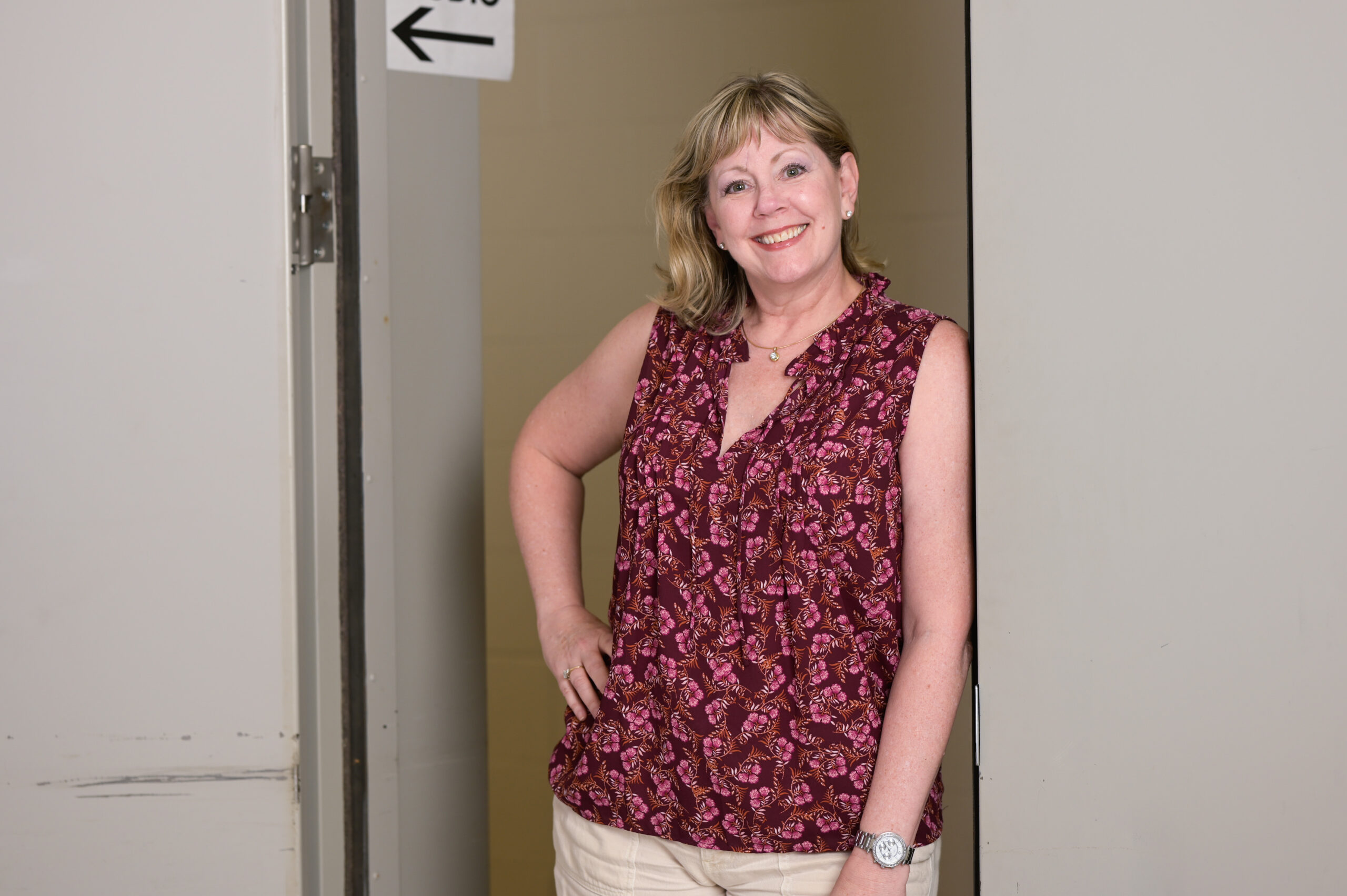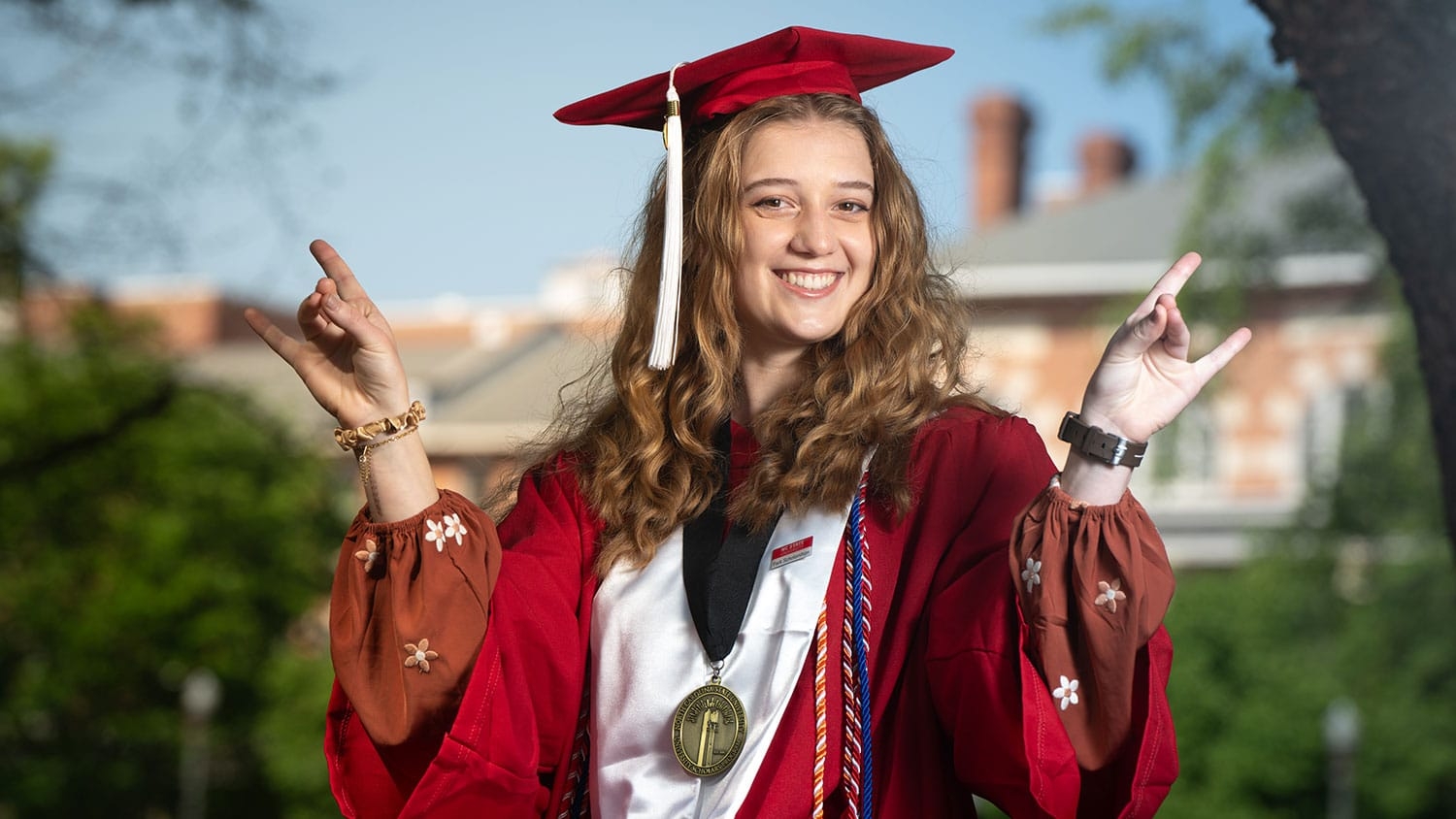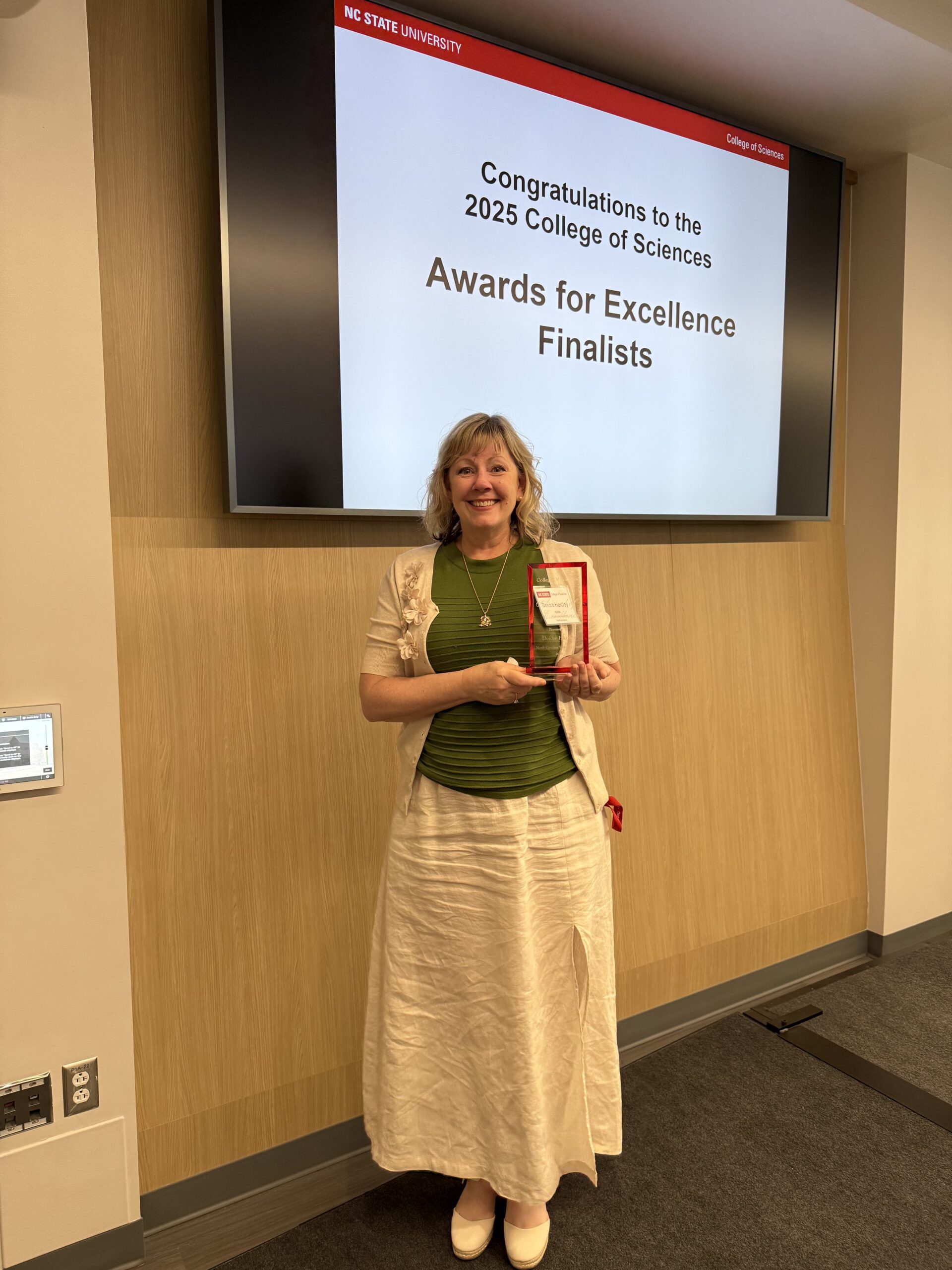University of Northern Colorado seeking Graduate Students
University of Northern Colorado
Our Program: The School of Mathematical Sciences at the University of Northern Colorado is pleased to announce the availability of a doctoral student assistantship in the Educational Mathematics Ph.D. program starting in the fall of 2020. The application deadline is February 15, 2020.
Our program, which began in 1993, is unique in the fact that the school does not house a competing Ph.D. program in mathematics; instead, our program in Educational Mathematics has a balance of both mathematics education and doctoral-level mathematics courses. As such, mathematics educators and mathematicians in the school collaborate on teaching, scholarly, and service endeavors. As a student in this program you will have opportunities to:
- work with nationally recognized faculty with a diverse range of areas of expertise including: preparing K-12 teachers, offering professional development to K-16 teachers, and conducting research in undergraduate mathematics education;
- co-teach mathematics and mathematics education courses such as discrete math, linear algebra, abstract algebra, higher geometry, and the secondary methods course;
- conduct, present, and publish mathematics education research under the direction of mathematics educators and mathematicians;
- supervise student teachers; and
- collaborate with mathematics educators and mathematicians on grant-related activities, service, and outreach efforts.
Our Mathematics Educators: The mathematics educators in our program bring a range of research expertise that incorporates both quantitative and qualitative research methods. Below are brief descriptions of our mathematics educators’ research interests.
Dr. Gulden Karakok: Gulden Karakok (Ph.D. in Mathematics Education, Oregon State University) is an associate professor in the School of Mathematical Sciences. Dr. Karakok’s research area is in undergraduate mathematics education and focuses on transfer of learning of mathematics and how this construct help to understand mathematical creativity. Together with the Creativity Research Group, she has helped to develop the Creativity-in-Progress Rubric for proving and problem solving to be used in undergraduate mathematics courses. Currently, the research group is working on implementation of these formative assessment tools in Calculus courses with a funding from NSF. Dr. Karakok uses inquiry-based learning (IBL) teaching practices in her courses and has been working with the Academy of IBL to facilitate workshops for other faculty members. In addition to her in undergraduate level, Dr. Karakok has worked with K-12 teachers in state funded professional development programs both in Oregon and Colorado. Dr. Karakok also co-directs the Northern Colorado Math Circles program that offers monthly problem-solving sessions to 4th-8th grade students and teachers as well as a week-long summer workshops.
Dr. Jodie Novak: Dr. Novak’s work focuses on the mathematical preparation of pre- and in-service mathematics teachers. Over the last 12 years, she has been involved with eight, multi-year partnerships with local school districts to support the professional development of K-12 mathematics teachers. These efforts always focus on deepening teachers’ mathematical knowledge for teachers but often through different mechanisms such as supporting teachers to engage in lesson study or to adopt a new curriculum. Dr. Novak led the Math Teacher Leadership Center, a 6.5 year, $5.3M NSF project, which developed and researched a blended delivery master’s program for secondary math teachers and a math teacher leadership program. She is currently leading in collaboration with Oklahoma State University a 3-year, $1.2M NSF funded project, Initiating a Foundational Research Model for Secondary Mathematical Knowledge for Teaching, to develop a model for studying secondary teachers’ mathematical knowledge for teaching exponential functions. These projects provide opportunities for graduate students to engage in research and to develop their capacity in delivering professional development.
Dr. Robert Powers: Dr. Powers has a background in curriculum and instruction. He is currently working on the Initiating a Foundational Research Model for Secondary Mathematical Knowledge for Teaching grant, three-year, $1.17 million grant from the NSF investigating expert teachers’ mathematical knowledge for teaching exponential functions in high school. He is also initiating an investigation of the practice of mathematics teacher educators. Specifically, he is interested in learning more about the teaching and learning of mathematics pedagogy in teacher education programs. He frequently mentors doctoral candidates to teach the methods of teaching secondary mathematics and courses related to field experiences in the secondary teacher preparation program.
Dr. Lindsay Reiten: Dr. Reiten’s research interests include the preparation of pre-service mathematics teachers as well as how to foster and support technology integration in secondary mathematics classrooms. This second line of research is grounded in the overarching question:How can secondary mathematics teachers be supported in implementing technology-based instructional activities that both challenge and support student learning? Dr. Reiten’s research draws from her own experience as a middle and high school mathematics teacher, as well as her work with pre-service mathematics teachers. Dr. Reiten is looking forward to continuing her work with pre-service mathematics teachers and supporting graduate students as they explore how to foster and support secondary mathematics teachers as they strive to equip all students to read and write the world with mathematics.
Dr. Hortensia Soto: Dr. Soto has published in various areas of mathematics education including assessment, mathematical preparation of elementary teachers, outreach efforts for high school girls, and especially in the area of teaching and learning of undergraduate mathematics. Her current research efforts are dedicated to investigating the teaching and learning complex analysis, where she adopts an embodied cognition perspective. Since her days as an undergraduate student, Dr. Soto has mentored young women and promoted mathematics via summer outreach programs. She has also been involved with facilitating professional development for K-16 teachers in Nebraska, Colorado, and California. She has also taught teachers from rural Nebraska as part of the University of Nebraska-Lincoln NSF-funded project, Math in the Middle. Currently, she is delivering professional development to collegiate teachers as part of Project PROMESAS SSC (Pathways with Regional Outreach and Mathematics Excellence for Student Achievement in STEM). Dr. Soto is a working member of the Mathematical Association of America and currently serves as the Associate Secretary and is an editor of the MAA Instructional Practices Guide. She is also the coordinator for SIGMAA RUME. Most recently, she received the MAA Deborah and Franklin Tepper Haimo Award for Distinguished College or University Teaching of Mathematics
- Categories:


